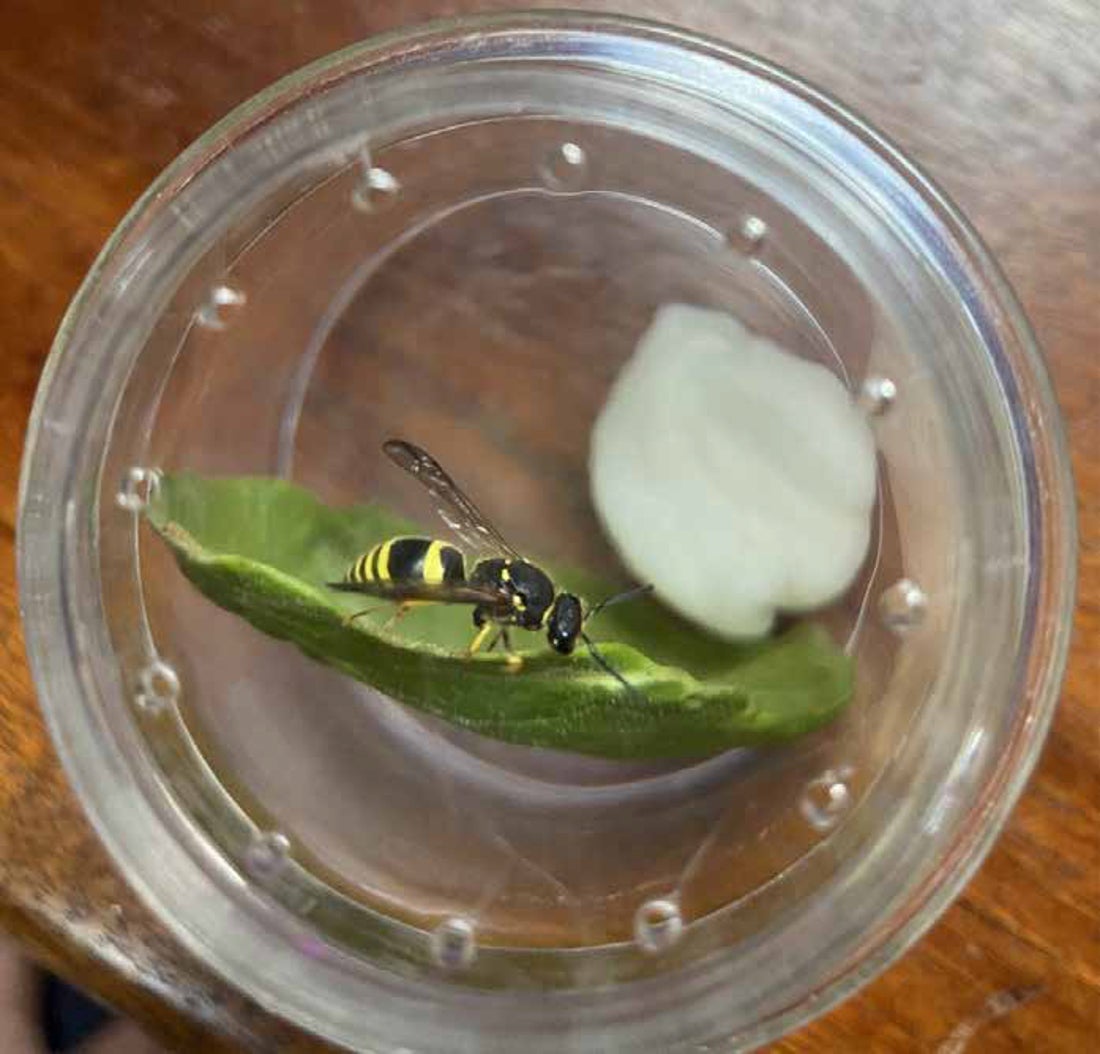Insect-infested aircraft at Heathrow forced to abandon take-offs
Grounded planes presented insects with an ‘attractive opportunity’ for nest-building

Insect infestations on eight aircraft forced two take-offs at Heathrow to be abandoned last summer, according to a new government report.
Wasp and bee nests prevented the operation of speed-measuring pitot probes on six British Airways and one Virgin Atlantic aircraft, an Air Accidents Investigation Branch (AAIB) release revealed.
A wasp was also discovered inside a probe on another BA aircraft during the same three-week period.
Crew onboard two BA flights were forced to abort take-offs while speeding down runways because blockages caused inaccurate speed readings on cockpit displays, which can pose a “serious hazard”, according to investigators.
Grounded aircraft presented an “attractive opportunity” for insects as pitot probes - a tube that measures the speed and pressure of air, liquid or gas - are an “ideal construction site for nests”, the AAIB report stated.
Fewer flights operating during this period resulted in this temporary insect “surge”.
The report warns that probe blockages “could be significant” in future due to a “larger number of insects emerging in the spring of 2022”.
“Insects blocking aircraft pitot/static systems is not a new hazard, but one likely exacerbated at Heathrow in 2021 due to the unusually low operational tempo resulting from the Covid-19 pandemic,” the AAIB said.
“Reduced traffic levels and human activity resulted in a surge of insect activity during the pandemic lockdowns. With less aircraft activity, including less noise and jet efflux to deter the insects, the parked aircraft made an attractive opportunity, with the pitot probes providing an ideal construction site for nests.”
Looking ahead, “proactive habitat management and aircraft monitoring will be required to mitigate the risk”, the report concluded.
The CAA, Heathrow and affected airlines have taken “safety action” to reduce the risk of recurrence by implementing additional inspections, aviation alerts and changes to the use of pitot covers.
A BA spokesperson said: “Safety is our highest priority and in each case the flights returned safely to stand.
“Our highly skilled pilots are trained to safely perform this type of standard procedure and practise them regularly.”
It’s not just mere civilians whose airborne hopes have been sabotaged by flying critters, however.
In June 2021, President Biden's first foreign trip as president on Air Force One was brought to a dramatic halt after a horde of Brood Z cicadas grounded the aircraft for five hours.
“The White House press charter, flying from Dulles to Europe ahead of President Biden, has been delayed for hours – due to mechanical issues caused by cicadas,” Associated Press reporter Jonathan Lemire tweeted.
Join our commenting forum
Join thought-provoking conversations, follow other Independent readers and see their replies
Comments
Bookmark popover
Removed from bookmarks